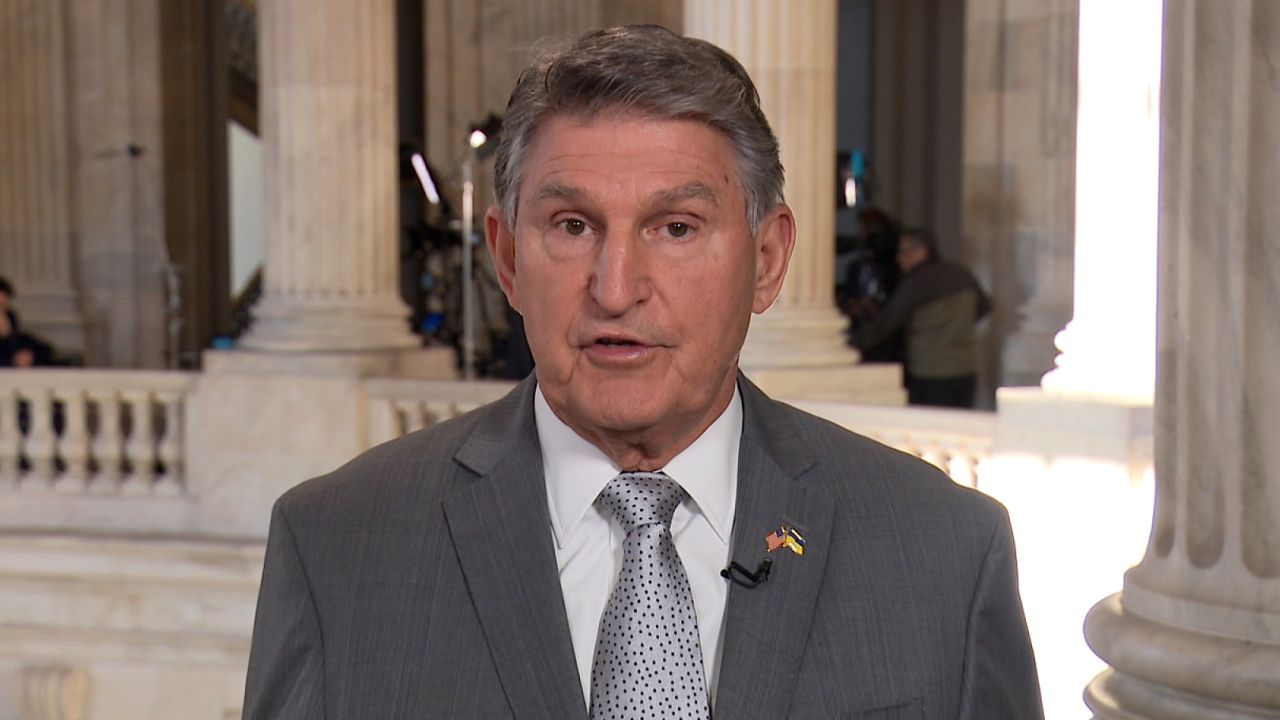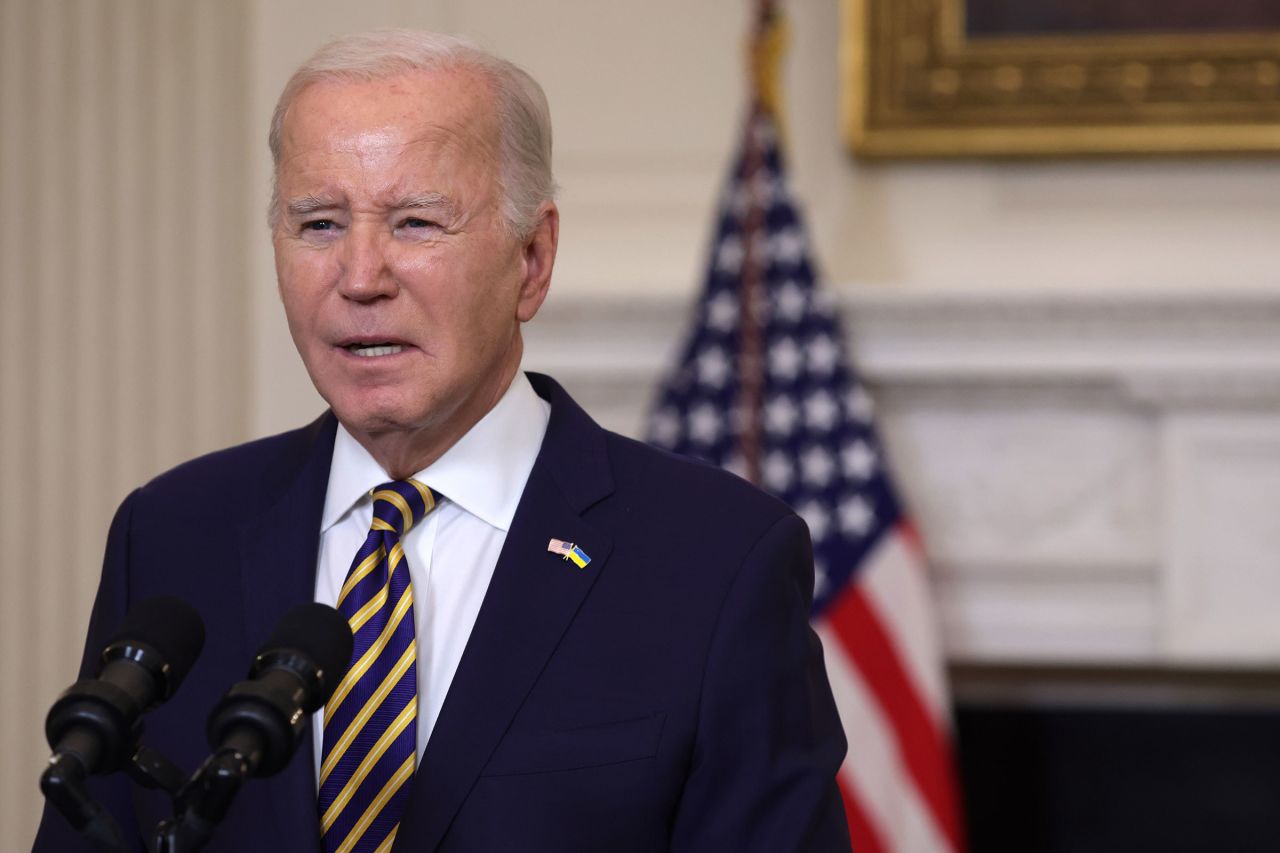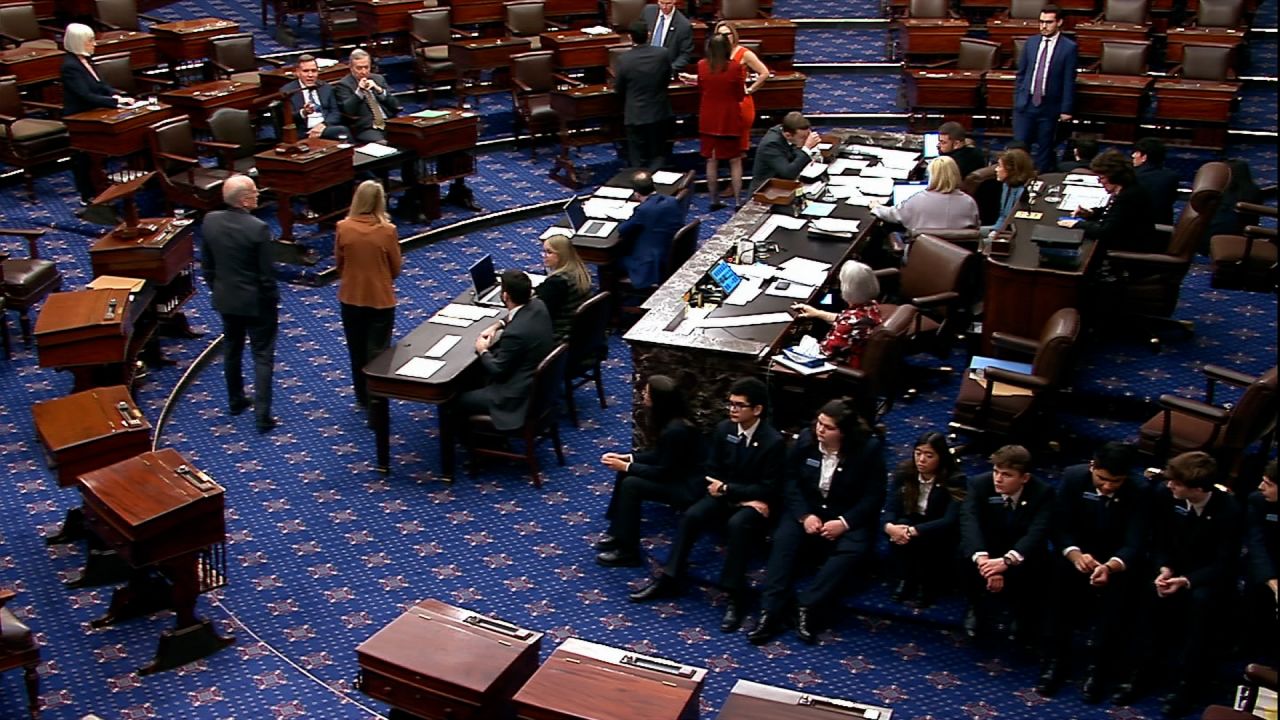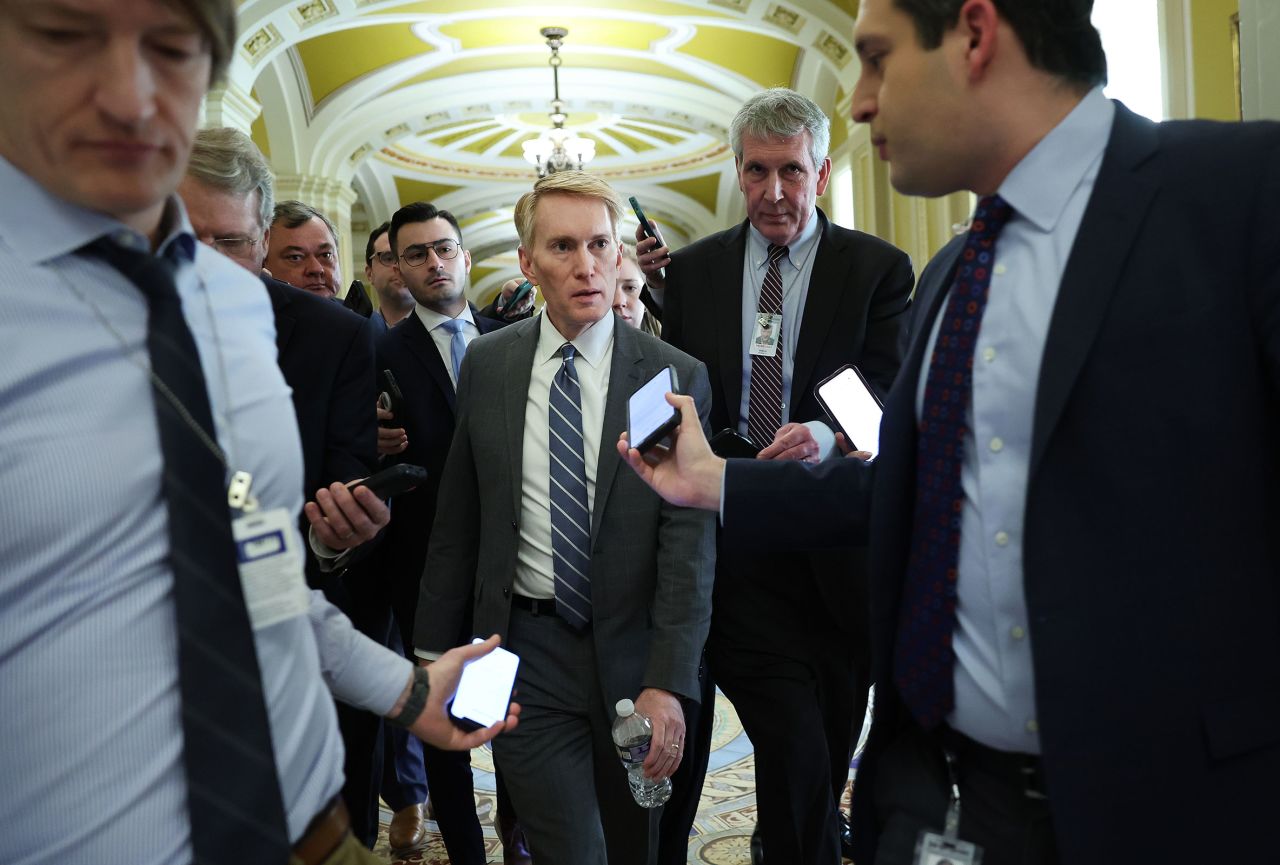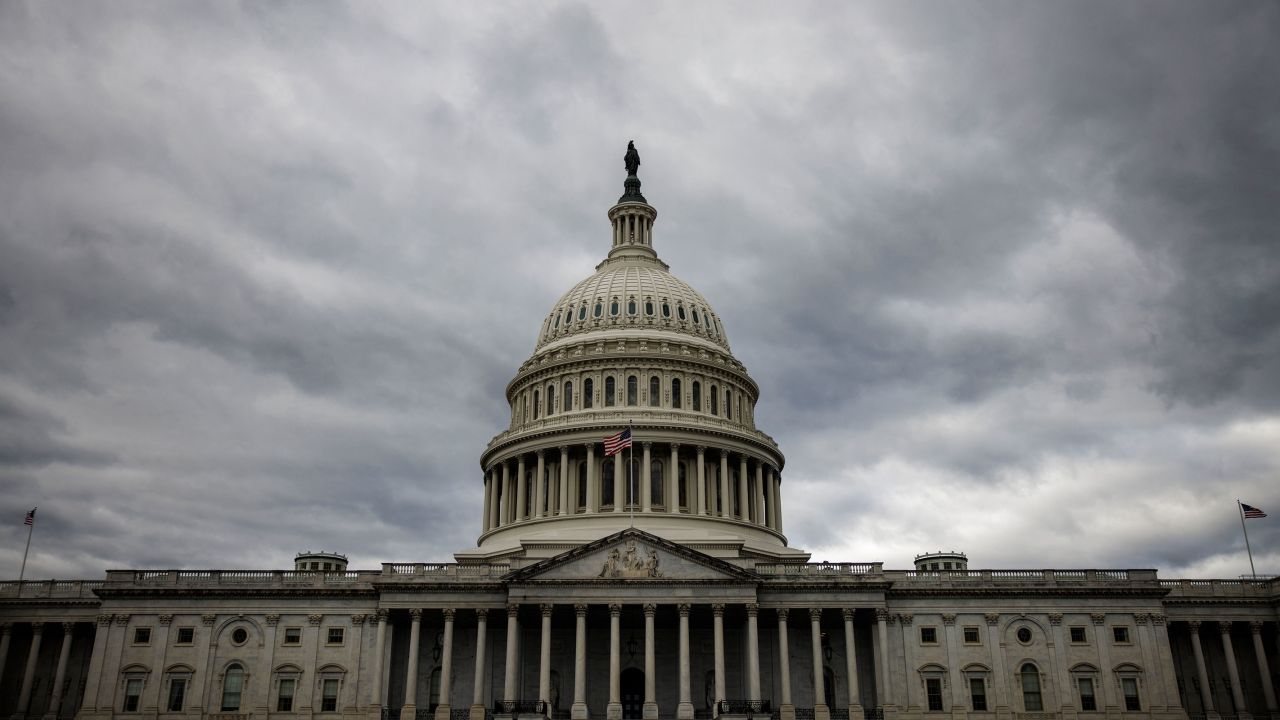What we covered here
- Failed vote: Senate Republicans blocked a bipartisan border deal and foreign aid package with assistance for Ukraine and Israel from advancing Wednesday amid opposition from top House Republicans and former President Donald Trump. Senators in both parties are engaged in an urgent round of talks to see if they can reach an agreement that would allow the chamber to open up debate on a foreign aid package without the border security provisions.
- GOP infighting: The failed vote on the bipartisan bill amounts to a stunning rebuke by the Senate GOP of a deal that would have enacted restrictive border measures and was crafted in part by one of their own members. Republicans had demanded that border security be in the bill – but then rejected it after pressure from Trump, who is making the border a campaign issue in his race for the White House.
- In the House: The Senate vote comes a day after the House failed to impeach Homeland Security Secretary Alejandro Mayorkas, a stunning blow to House Republicans who had pushed the effort as a key political goal. A GOP-led standalone Israel aid bill also failed in the House.
Our live coverage has ended. Read more about today’s events in the posts below.

